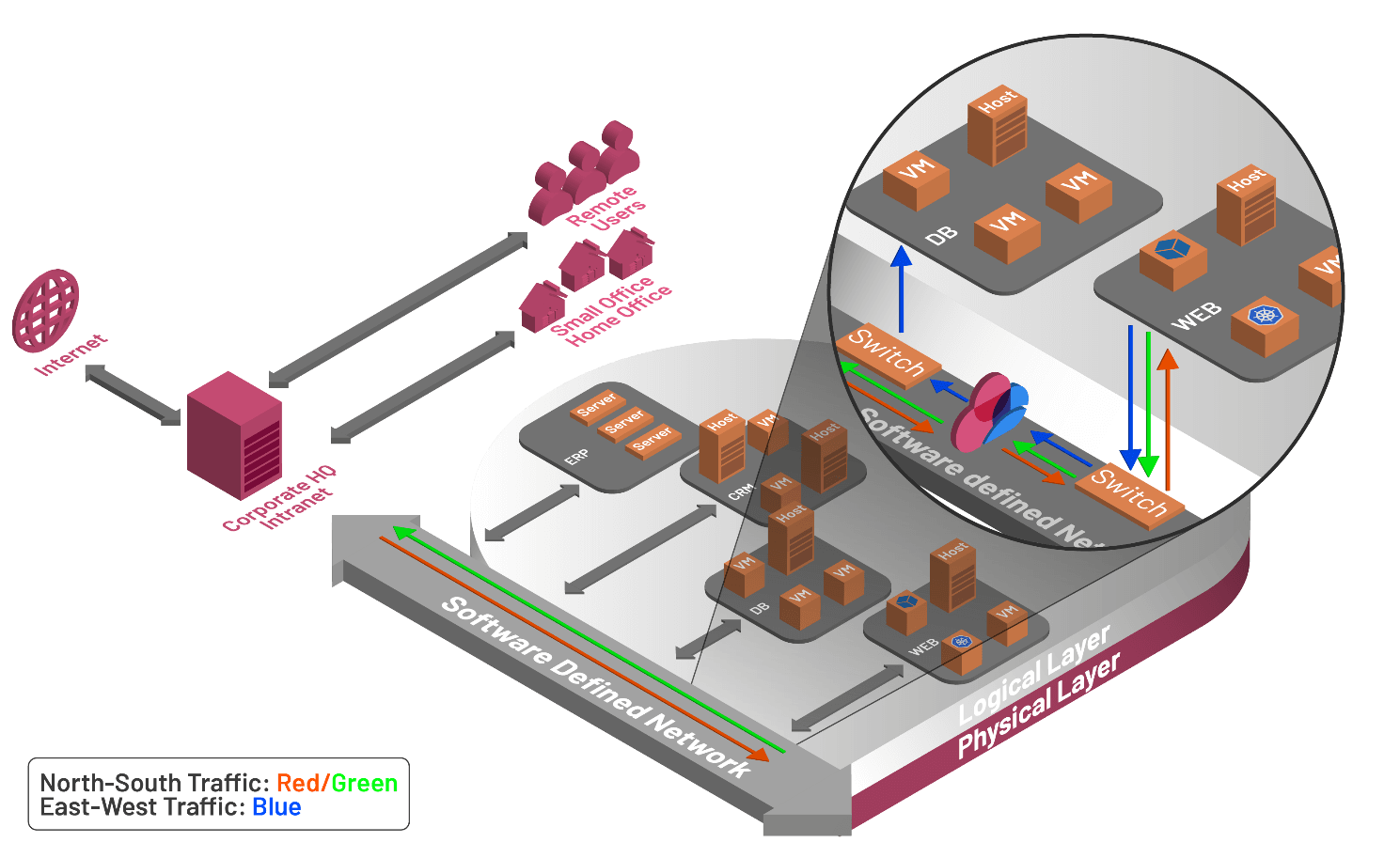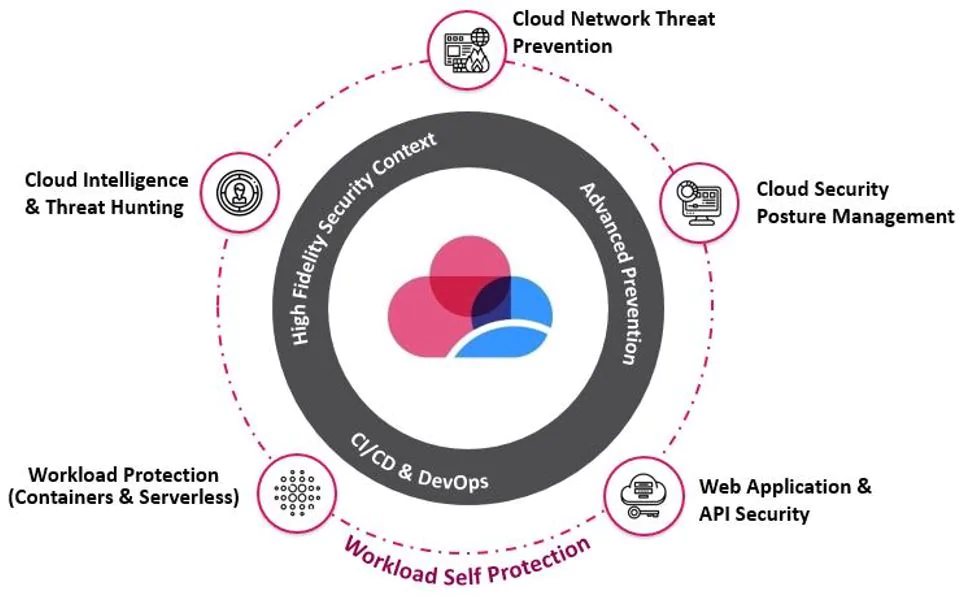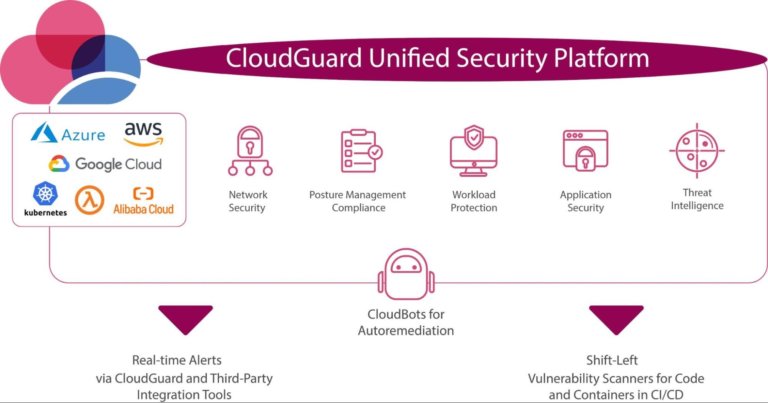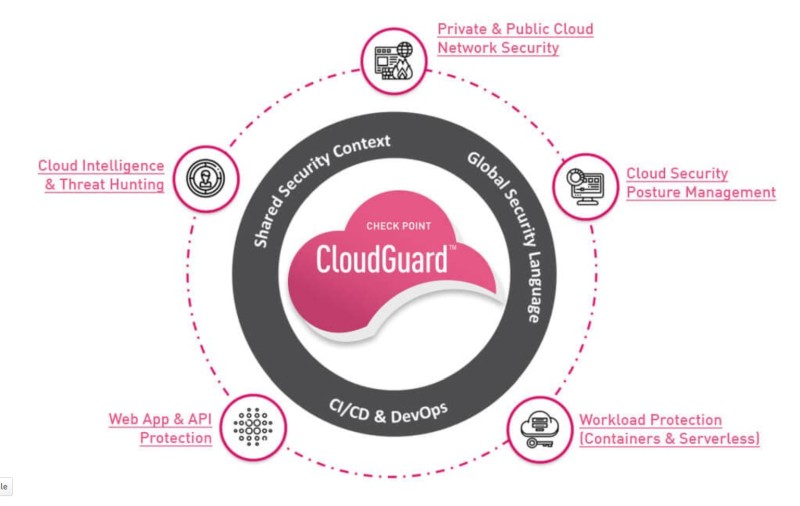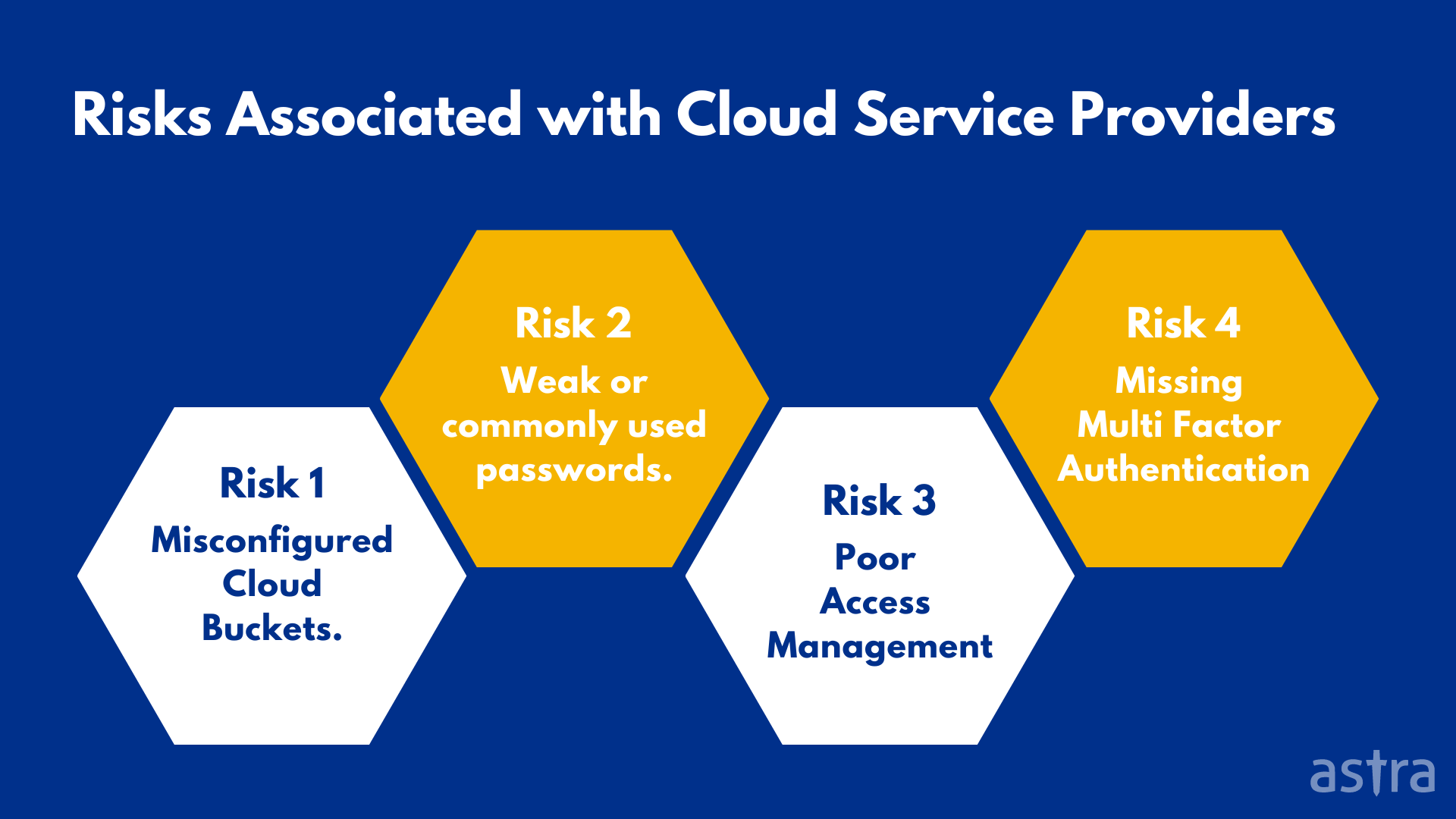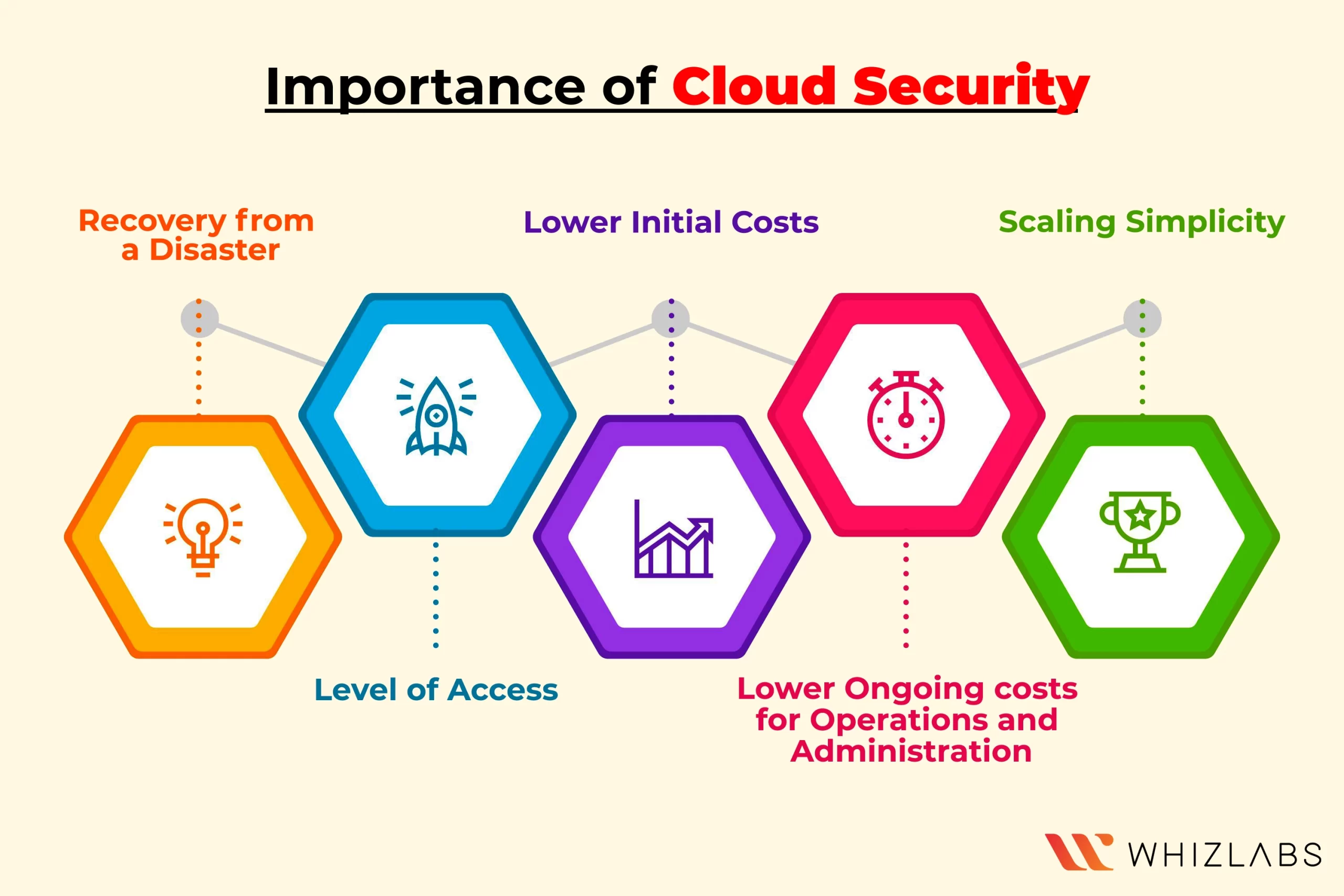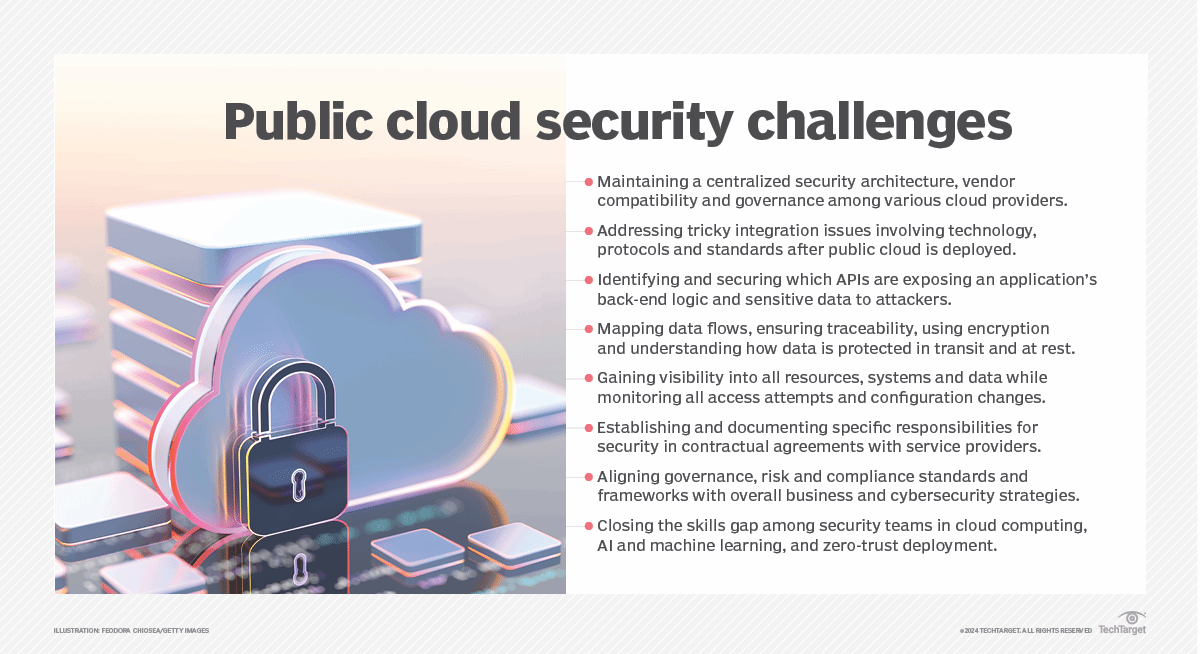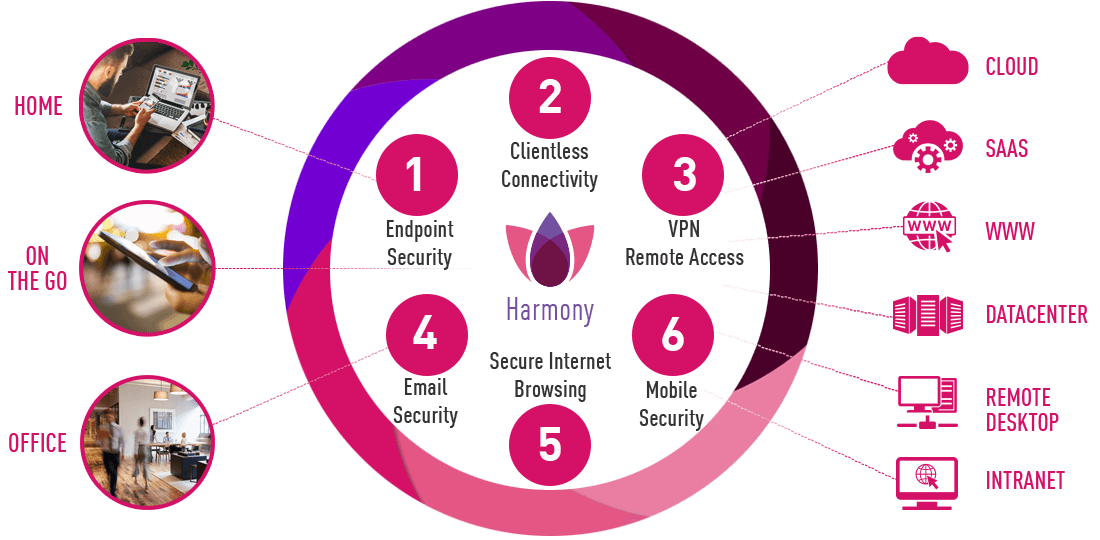Evaluate The Overall Brand Perception Company Checkpoint On Cloud Security

Checkpoint's cloud security brand faces intensifying scrutiny amidst growing concerns over market positioning and perceived effectiveness, particularly against increasingly sophisticated cyber threats.
This article provides an assessment of Checkpoint's brand perception in the cloud security market, examining strengths, weaknesses, and future outlook, with a focus on documented performance and industry feedback.
Brand Recognition and Market Presence
Checkpoint Software Technologies Ltd. maintains strong brand recognition in the cybersecurity landscape, largely due to its long-standing presence in network security. Their name has traditionally been associated with firewalls and on-premise solutions. However, transitioning this reputation to the cloud security domain presents challenges.
Market analysis from firms like Gartner and Forrester indicates Checkpoint is considered a major player, but often lags behind dedicated cloud security providers in innovation and market share growth within the cloud segment. Customer feedback suggests a perception that Checkpoint is adapting its existing solutions for the cloud rather than building cloud-native products.
This perception impacts their ability to attract customers seeking purely cloud-focused security solutions.
Product Portfolio and Feature Set
Checkpoint offers a broad portfolio of cloud security products, including CloudGuard Network Security, CloudGuard Workload Protection, and CloudGuard Cloud Intelligence.
These products aim to provide comprehensive security across various cloud environments, including AWS, Azure, and Google Cloud Platform (GCP). Independent reviews reveal varying degrees of satisfaction with Checkpoint's cloud offerings.
Some customers praise the integrated nature of the platform and its ability to provide a unified security posture across hybrid environments, which can create a single pain of glass. Other users point to perceived complexity and a steeper learning curve compared to competitors.
Performance and Threat Detection
The effectiveness of Checkpoint's cloud security solutions in detecting and preventing threats is a crucial factor in brand perception. Data from various security testing organizations paints a mixed picture.
While Checkpoint consistently performs well in traditional network security tests, its cloud security performance sometimes trails behind specialized cloud providers in detecting advanced cloud-native threats. This difference is important because different cloud environments pose new security challenges.
This perceived gap in threat detection capabilities contributes to concerns regarding Checkpoint's overall cloud security effectiveness.
Customer Satisfaction and Support
Customer satisfaction is a significant driver of brand perception, particularly in the competitive cloud security market. Online reviews and feedback forums indicate varied experiences with Checkpoint's customer support.
While many customers commend the technical expertise of Checkpoint's support staff, some report long response times and difficulty resolving complex cloud-related issues. This can damage customer satisfaction, specifically if clients are looking for rapid assistance.
Inconsistent support experiences can negatively impact brand loyalty and hinder new customer acquisition.
Competitive Landscape
The cloud security market is highly competitive, with numerous established players and emerging startups vying for market share. Major competitors include Palo Alto Networks (with Prisma Cloud), Trend Micro, and cloud-native security providers such as Wiz and Orca Security.
These competitors often offer more specialized and cloud-native solutions, appealing to organizations seeking purpose-built cloud security. Checkpoint's brand perception suffers when compared to these providers due to perceived gaps in innovation and cloud-native capabilities.
To improve its market positioning, Checkpoint needs to differentiate its offerings and address the specific needs of cloud customers.
Marketing and Communication
Checkpoint's marketing and communication efforts play a crucial role in shaping brand perception. The company actively promotes its cloud security solutions through webinars, conferences, and online resources.
However, some industry observers note that Checkpoint's messaging sometimes focuses heavily on its legacy network security expertise, potentially overshadowing its cloud security capabilities. There is a need for better articulation of clear and simple marketing material.
Effective communication emphasizing cloud-native features, advanced threat detection capabilities, and ease of use could improve brand perception.
The Role of Partnerships
Partnerships are key to Checkpoint's cloud strategy. Leveraging relationships with AWS, Azure, and GCP can enhance its market reach. However, it is essential to ensure that partnerships highlight Checkpoint's unique value proposition within these ecosystems.
Strong collaboration with cloud providers is critical for demonstrating commitment to cloud security.
If these partnerships are communicated effectively, it would improve brand perception
Looking Ahead
Checkpoint faces a critical juncture in solidifying its brand perception in the cloud security market. Continued investment in cloud-native innovation, improved customer support, and strategic marketing efforts are essential for closing the gap with leading cloud security providers.
Focusing on specific areas of cloud security excellence, such as workload protection or cloud intelligence, could help Checkpoint carve out a unique niche in the market. Ongoing analysis of customer feedback and competitive intelligence is crucial for adapting its strategy and strengthening its brand.
Urgent Action Required: Checkpoint needs to rapidly adapt its approach to cloud security to avoid falling behind competitors, and proactively communicate these changes to its customer base and the broader market. Brand perception will heavily rely on real improvements in capabilities.


